
Kevin Ansbro was born of Irish parents, and has lived in Malaysia and Germany. He was educated at Hamond’s Grammar School in Swaffham, and at the Norfolk College of Arts and Technology, King’s Lynn. Kevin also has a background in karate and kickboxing and has travelled extensively – particularly in the Far East. He is married to Julie, and currently lives in Norwich, England.
When did you first decide to write and what got you started?
I concocted stories from an early age. I remember (at the age of ten) writing a tale about a talking kite. He was stored in a cupboard and each time its door was opened, a smile would light up his papery face. “Is it windy today?” he’d ask, expectantly. Things evolved: I discovered literary technique in my teens and winning a national poetry competition bolstered my self-belief.
Is there an underlying message in Kinnara, what would you like your readers to get from it?
The key underlying message of the book is that rash actions can result in grave consequences. That said, the consequences in this case are wholly disproportionate to any transgressions!
Do you plot your stories or do you write and see where it takes you?
I’m definitely a plotter, but within that framework, I do venture off-piste, expecting the unexpected to happen. This way, wonderfully serendipitous accidents occur that I have no control over. So I’m a bit of both: a plantser in fact!
Do you have any inspirations for you writing? Other authors / people / events
My inspirations as a child: E. B. White, C. S. Lewis, Hans Christian Andersen. As a pre-teen, I adored Charles Dickens, Gerald Durrell, Tom Sharpe, and James Herriot.
My literary tastes then moved on to Shakespeare, Steinbeck, Hemingway, Graham Greene, and Thomas Hardy. Gabriel García Márquez and Salman Rushdie are my biggest influences.
I find inspiration in nature, real-life events, movies and daydreams. Like most writers, I leap out of bed in the middle of the night to jot an exciting idea down!
What is the best part about writing, and the worst?
After a year of scrawling a cornucopia of plots, subplots, narrative arcs, scenes and dialogue, it’s exhilarating to see my riotous collection of scribbled notes beginning to form cohesive paragraphs on a computer screen. The worst part of writing is the interminable, but all-important, edits.
Are you working on anything now?
Yes. I have spent three years on my latest novel (yep, three whole years – despite being a full-time writer). I write with as much care and splendour as I’m able and only stop when my brain curdles or my tummy growls at me. This novel is a spiteful, teeth-rattling literary thriller, wrapped in a burrito of magical realism. Its working title is The Fish that Climbed a Tree. This alludes to a seemingly impossible, almost Homeric, odyssey within its pages.
What is the best part about writing, and the worst?
After a year of scrawling a cornucopia of plots, subplots, narrative arcs, scenes and dialogue, it’s exhilarating to see my riotous collection of scribbled notes beginning to form cohesive paragraphs on a computer screen. The worst part of writing is the interminable, but all-important, edits.
Are you working on anything now?
Yes. I have spent three years on my latest novel (yep, three whole years – despite being a full-time writer). I write with as much care and splendour as I’m able and only stop when my brain curdles or my tummy growls at me. This novel is a spiteful, teeth-rattling literary thriller, wrapped in a burrito of magical realism. Its working title is The Fish that Climbed a Tree. This alludes to a seemingly impossible, almost Homeric, odyssey within its pages.
You travel a lot. What has been your worst travel experience?
I’m unlucky when it comes to timing. For example, my wife and I arrived in Tokyo two days after the 2011 Japanese tsunami. A cloud of radiation was supposedly heading our way from the damaged Fukushima* nuclear reactors. Luckily, the brave work of engineers and scientists averted an apocalyptic mass exodus.
*I did a lot of research for The Picture involving Fukushima, and can relate to how exciting that could have made life at the time
Another time, just before we were due to fly to Bangkok, we turned on the news to witness mass riots in Bangkok. Before our eyes, the large shopping mall, attached to our hotel was being burned to the ground!
We’re not easily scared off, though. It would take something far worse for us to cancel a holiday!
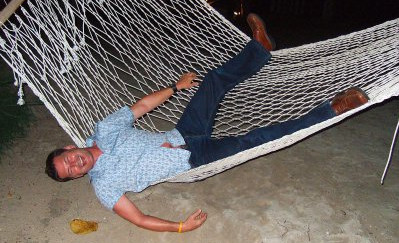
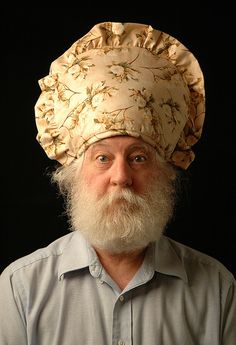
Hammocks seem to be an issue, any other motor function disaster stories?
It is an unchallengeable truth that a drunken man, on a tropical holiday, cannot pass a hammock without gamely climbing in and tumbling out the other side just as fast!*
I also sleepwalk half-naked out of hotel rooms and head for elevators. My wife has learned to lock me in and stack things in front of the door so any resultant noise will wake her up!
*I can fully relate to that, like the Billy Connolly saying about never trusting a man who, when left alone in a room with a tea cosy, doesn’t try it on as a hat.
What is your guilty pleasure?
I’m always up for a late-night skinny dip with friends. I’m usually the first to whip his clothes off and dive in!
Click edit button to change this text. Lorem ipsum dolor sit amet, consectetur adipiscing elit. Ut elit tellus, luctus nec ullamcorper mattis, pulvinar dapibus leo.
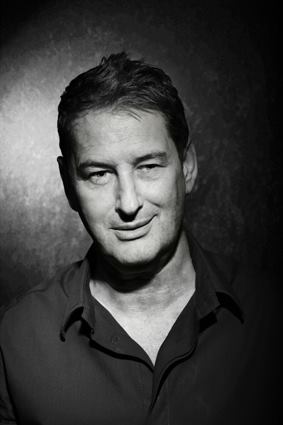
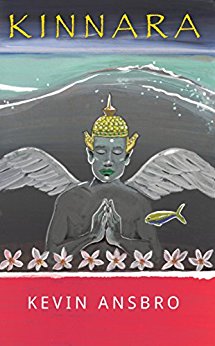
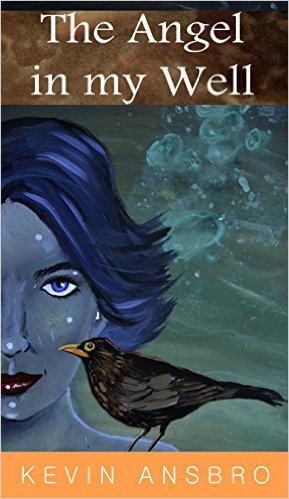

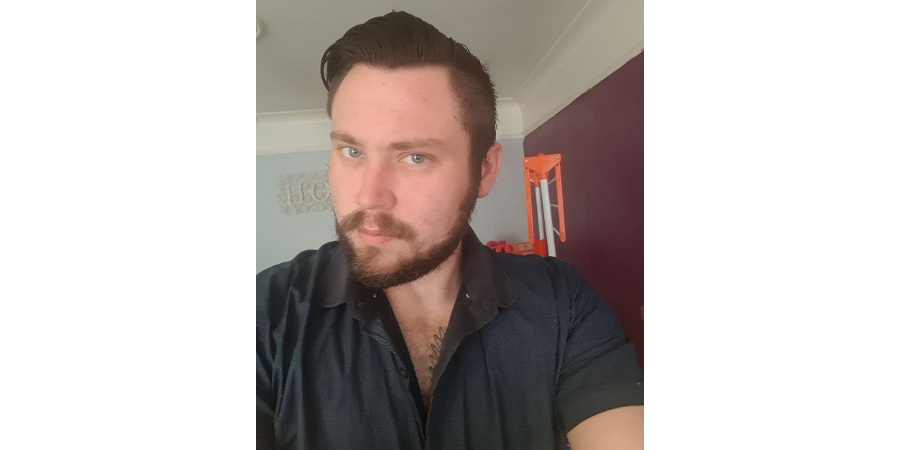
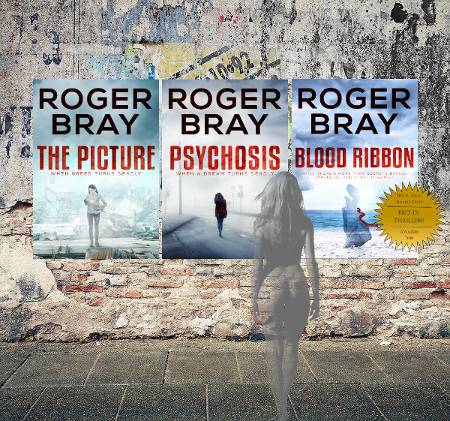
So far I have only read Kinnara by Kevin Ansboro. I loved it and will certainly be looking out for his next release.
This has been an interesting interview. Always a boon to delve into an authors inner self.